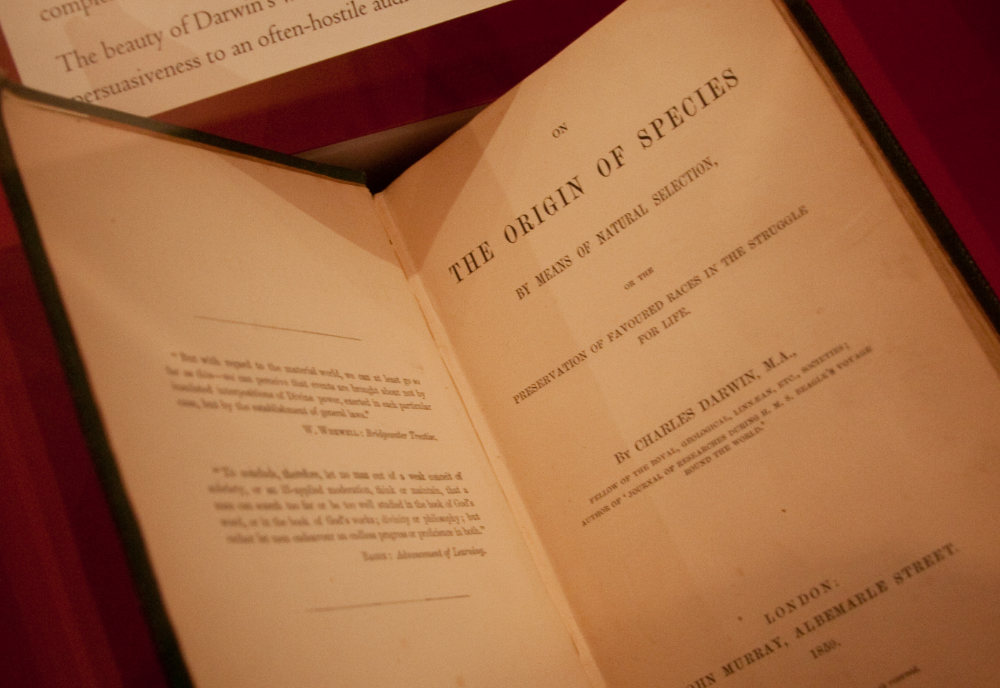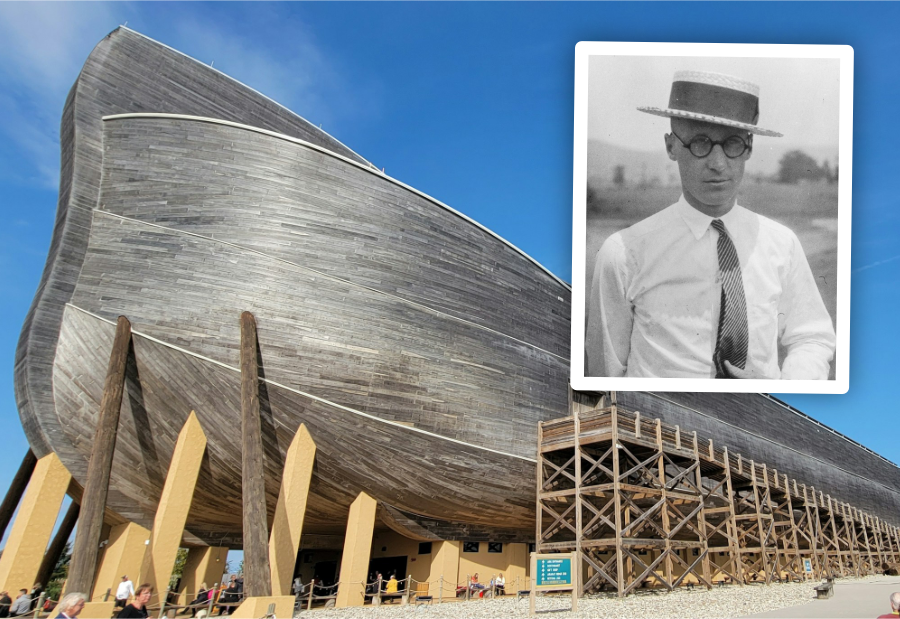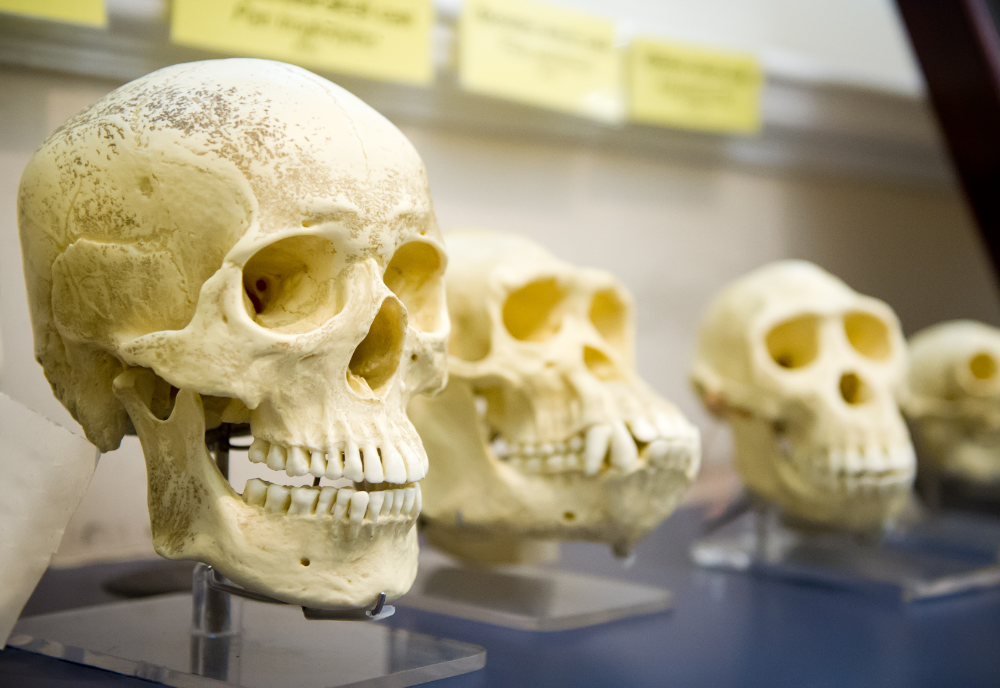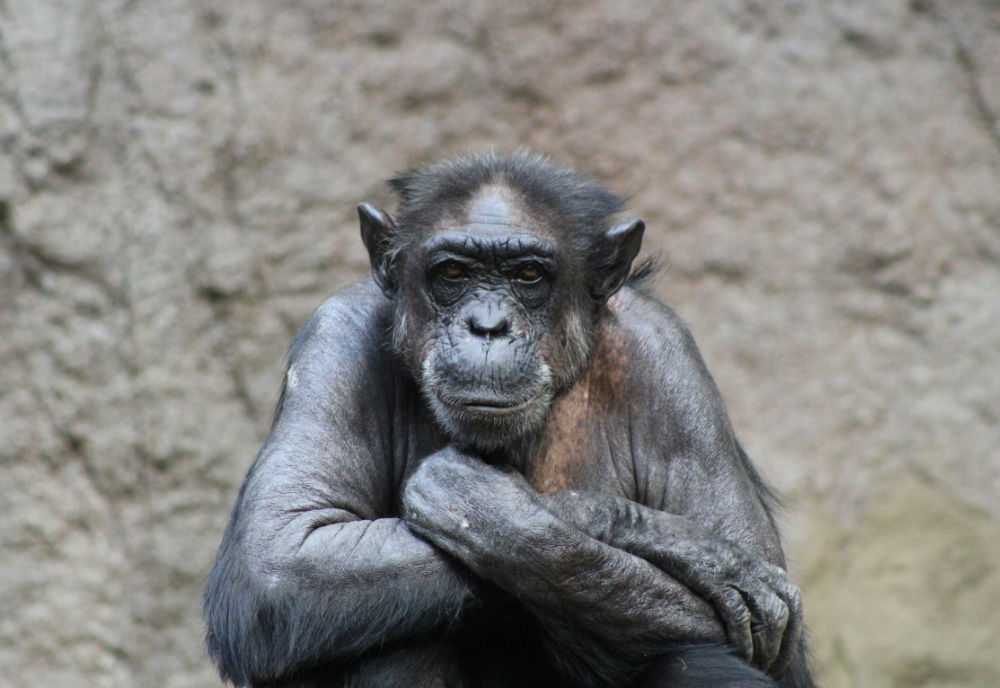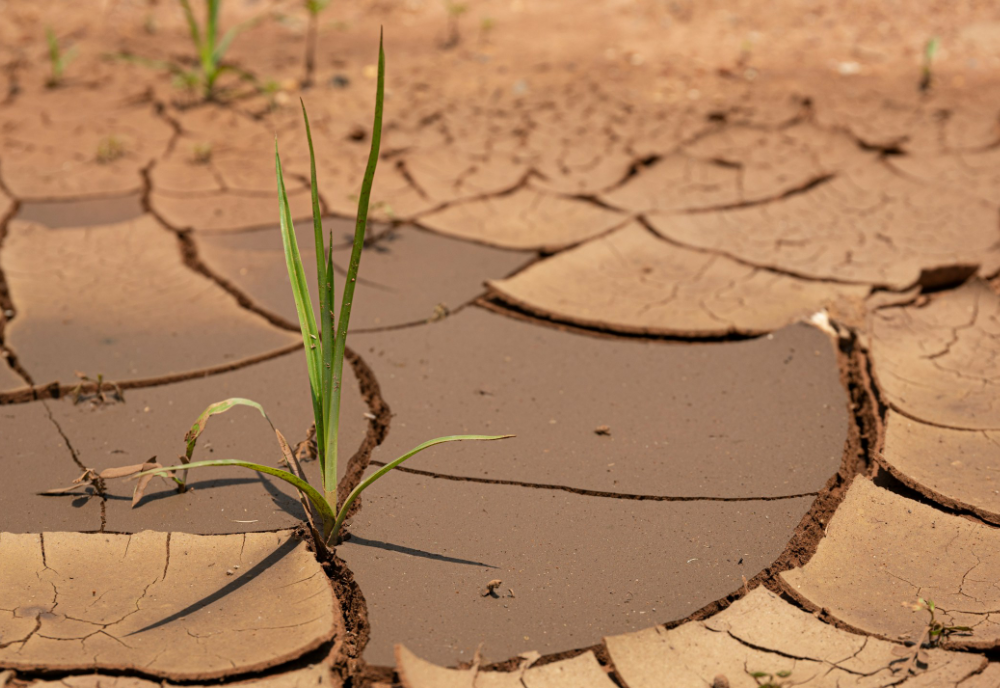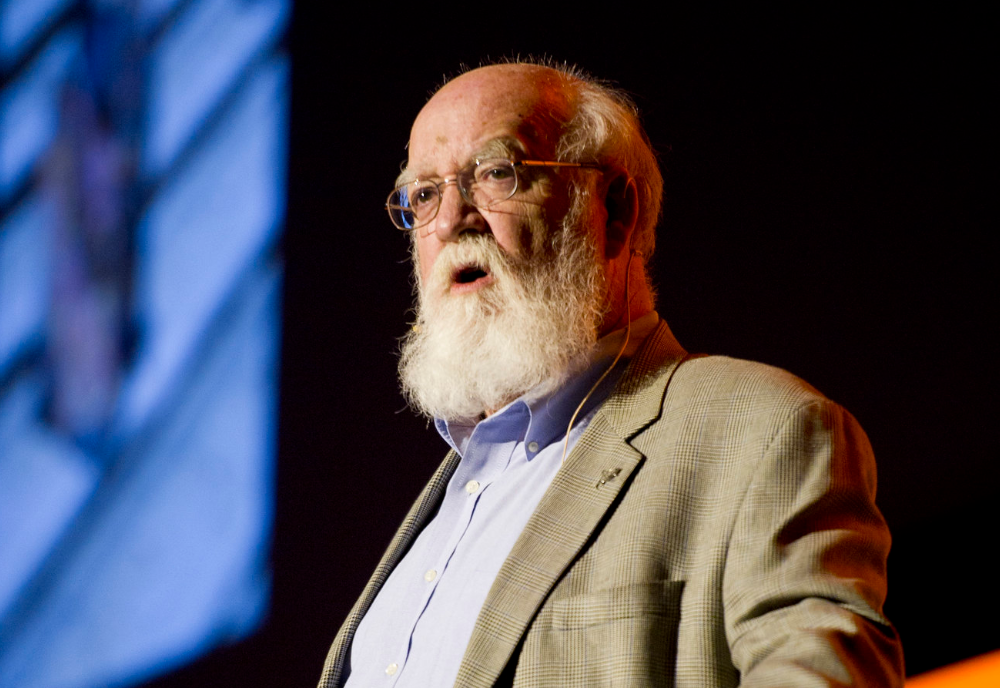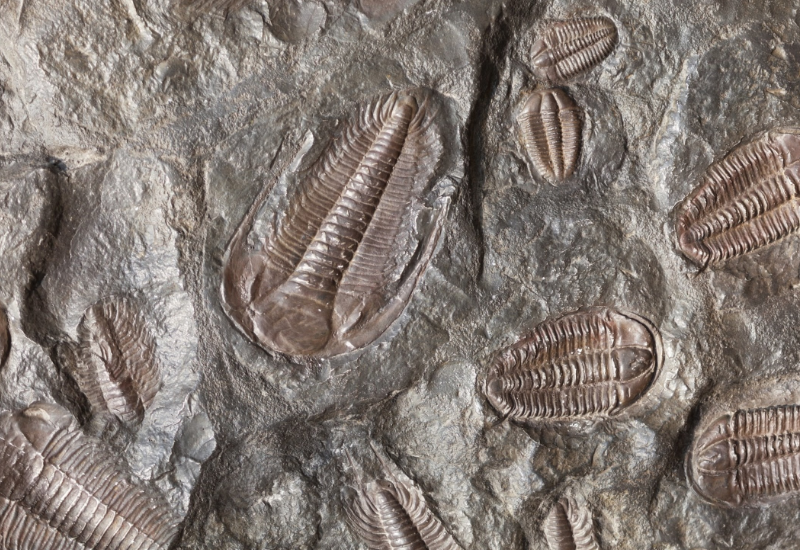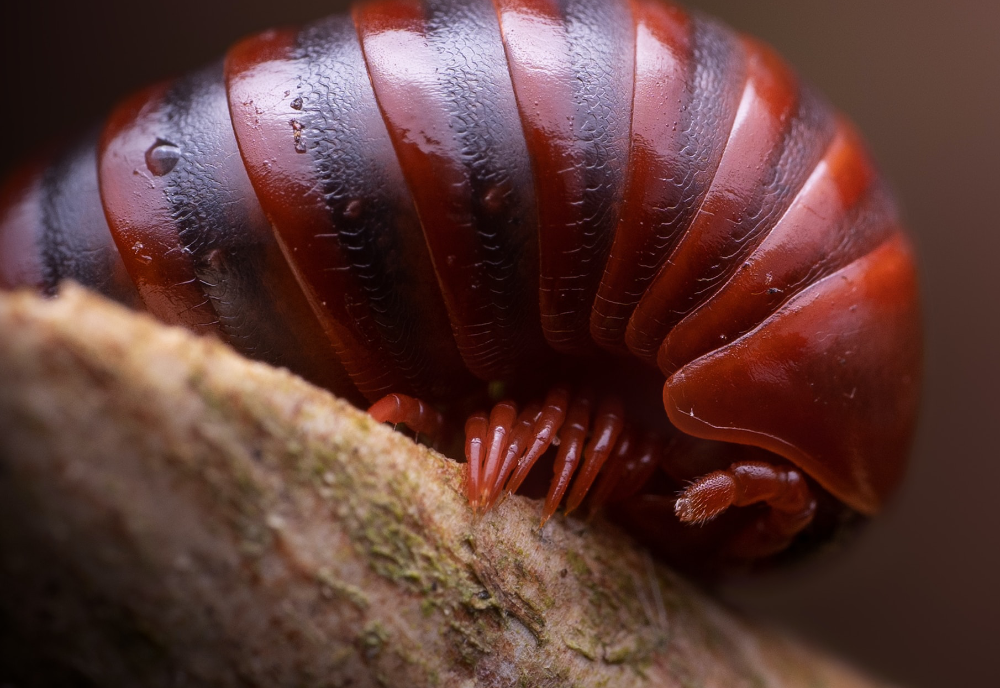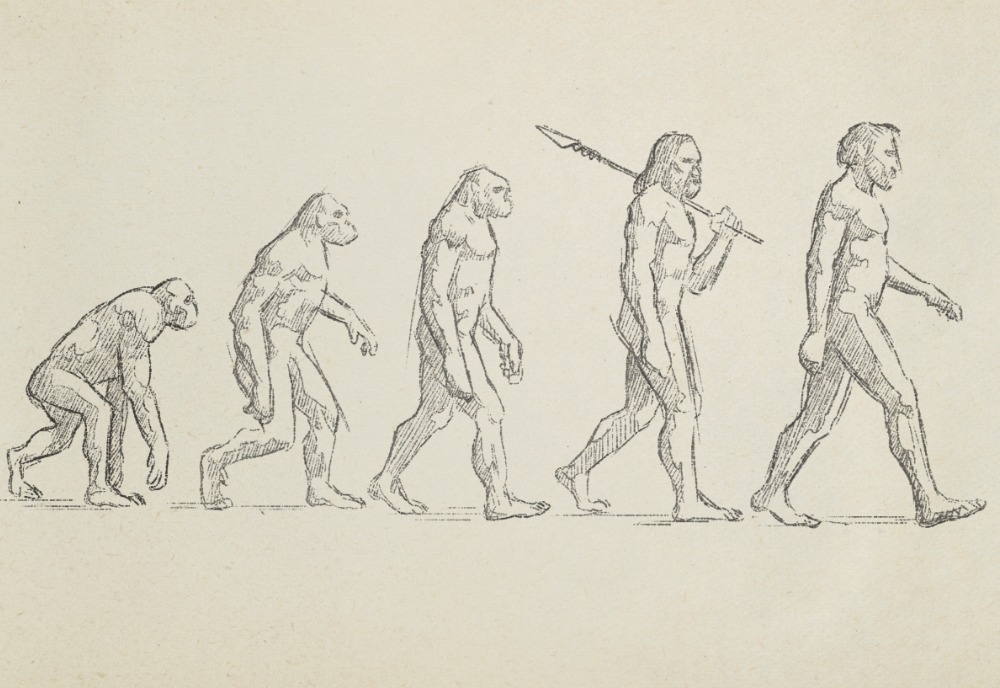The Origin of Species, Charles Darwin’s masterful contribution to our understanding of evolution, was penned more than 150 years ago. Since then, science has taken significant steps towards more fully understanding the manifold intricacies of evolution, necessitating a fresh look at some of Darwin’s ideas. A few brief notes are included here for consideration.
I believe that Darwin introduced an element of confusion into his 6th edition of The Origin of Species By Means of Natural Selection by including the phrase “survival of the fittest”.
This edition was published 10 years after the original edition. Even though Darwin did not invent the phrase and did not employ it in the first five editions, its inclusion in the 6th edition seems to imply that organisms contributing to the process of evolution can do so only if they are the fittest.
The word ‘fittest’ is a superlative as are words such as ‘hottest’, ‘longest’, ‘highest’, ‘lowest’, and so on. It is generally understood that if something is a superlative nothing can exceed it. Nothing can be hotter than the hottest, longer than the longest, and so on. While unsaid, the phrase suggests that organisms which are less than the fittest will not contribute to evolution.
Darwin further stated: “I can see no limit to the amount of change…effected in the long course of time through nature’s power of selection, that is by the survival of the fittest” which “leads to the improvement of each creature in relation to its…conditions of life”.
These words suggest that evolution should produce persistent improvements which eventually lead towards perfection, an endpoint of development. However, evolution is a random process that continuously throws up change regardless of whether the change is beneficial, neutral or detrimental.
Darwin seemed to renege on that brief explanation when he later stated: “…low and simple forms will long endure if well fitted for their simple conditions of life.” The words ‘well fitted’ and ‘long endure’ soften the notion of “survival of the fittest” such that fit enough organisms may contribute to evolution.
Darwin also admitted that “…a vast number of eggs or seeds are annually devoured…yet many of these eggs or seeds would perhaps, if not destroyed, have yielded individuals better adapted to their conditions of life than any of those which happened to survive.” This asserts that organisms which are less fit than the fittest organisms within their population could have passed on their genes had they survived.
…evolution is a random process that continuously throws up change regardless of whether the change is beneficial, neutral or detrimental.
Therefore, extreme fitness need not be a prerequisite for evolution. He continued: “…a vast number of mature animals and plants, whether or not they be the best-adapted to their conditions, must be annually destroyed by accidental causes…” In fact, many organisms, regardless of their level of fitness, will accidentally die and not pass on their genes, suggesting that luck has a hand in survival and consequently also in evolution.
This seems to imply that an individual who is the fittest and whose genetic software should enable them to survive various environmental insults might be unlucky and die an accidental death, while a less fit organism might be lucky and survive and pass on its genes.
For example, apex predators such as Tyrannosaurus rex had a high degree of fitness yet were unlucky and became extinct when the Chicxulub impactor unexpectedly collided with the earth 66 million years ago. It is therefore possible that, regardless of fitness, some organisms will fortuitously survive while other more fit organisms die due to bad luck and forfeit the opportunity to contribute their superior genes to posterity.
The phrase “survival of the fittest” also added a layer of complexity to Darwin’s argument. Without explanation, one is inclined to imagine that ‘fittest’ refers to a singular fittest organism. If so, was he referring to organisms undergoing asexual reproduction which do not require a mating partner? Or, failing that, might we assume he was referring to a fittest sexually reproducing pair – a fittest male mating with a fittest female? If that is so, how might we describe scenarios in which two lesser-fit sexually reproducing organisms mate and contribute to evolution?
Consider a pair of birds, one of which is a poor nest builder but an attentive parent, while its partner is a good nest builder but an inattentive parent. Might this breeding pair – both of which are less than the fittest – produce offspring which are good nest builders and attentive parents?
Neither parent is fittest, but both birds might be lucky enough and fit enough to survive and, by blending their genetic pools, contribute to the evolution of their species by producing offspring with a superior combination of genes.
Evolution is a wide-ranging mechanism that employs a variety of processes for creating variability within a population, including mutation, gene regulation, recombination and genetic assimilation.
In Darwin’s day, many of evolution’s nuances were yet to be discovered, including genetic drift and genetic shift. As Graham Lawton wrote: “Much change is due to random genetic drift rather than positive selection. It could be called the survival of the luckiest.” These processes occur by chance and can alter genomes and affect evolution, thereby confounding Darwin’s fitness requirement.
Furthermore, as Lawton wrote: “Natural Selection only requires something to work, not to work as well as it could. Botched jobs are common. The classic example is the panda’s thumb… Evolution’s lack of foresight also leads to inherently flawed designs. The vertebrate eye, with its blind spot where the wiring goes through the retina, is one example. You don’t have to be perfectly adapted to survive; you just have to be as well adapted as your competitors.”
Evolution is not unidirectional and need not progress from simple to more complex, as seen in parasites, which often appear to reverse the process. Evolution is about contingency. It has many facets, is a moveable feast and continually throws up variations – some of which become fixed within a population and others which fade into obscurity.
Perhaps “survival of the fittest” should be rewritten as “survival of the fit enough and lucky enough”.
Darwin’s immense contribution to science goes without question. His views of evolution and the origin of species drew upon knowledge obtained during his lifetime. Little was he to know what lay ahead. Imagine his delight if he could access today’s research and expanded understanding of this robust and fascinating topic.
As to the future, what will evolution look like when combined organic and inorganic entities become more common and more powerful? Will evolution stop? Will humans cede power and authority to artificial intelligence? Will humans face extinction by their own hand? These questions and others will test the resolve of philosophers, researchers and politicians to understand and safely direct humanity towards an uncertain future.
If you wish to republish this original article, please attribute to Rationale. Click here to find out more about republishing under Creative Commons.
Photo by Jurriaan Persyn on Flickr (CC)

